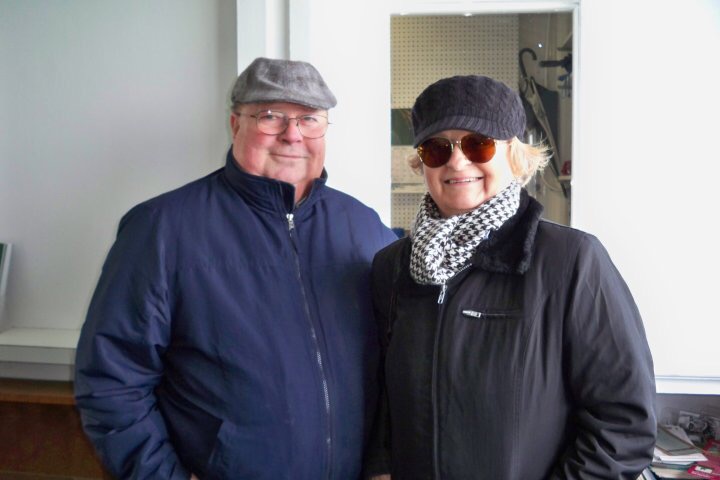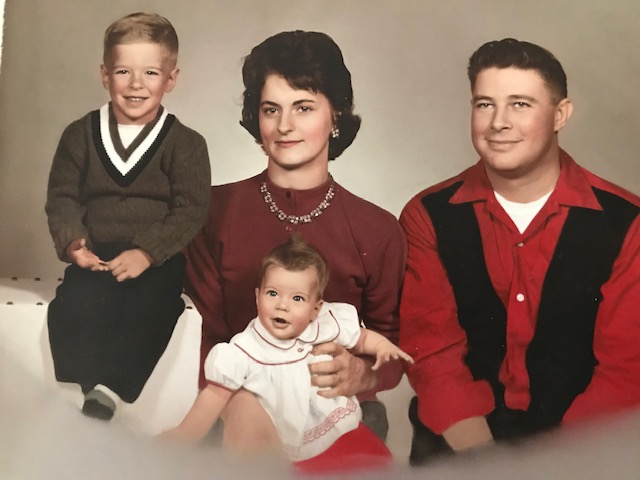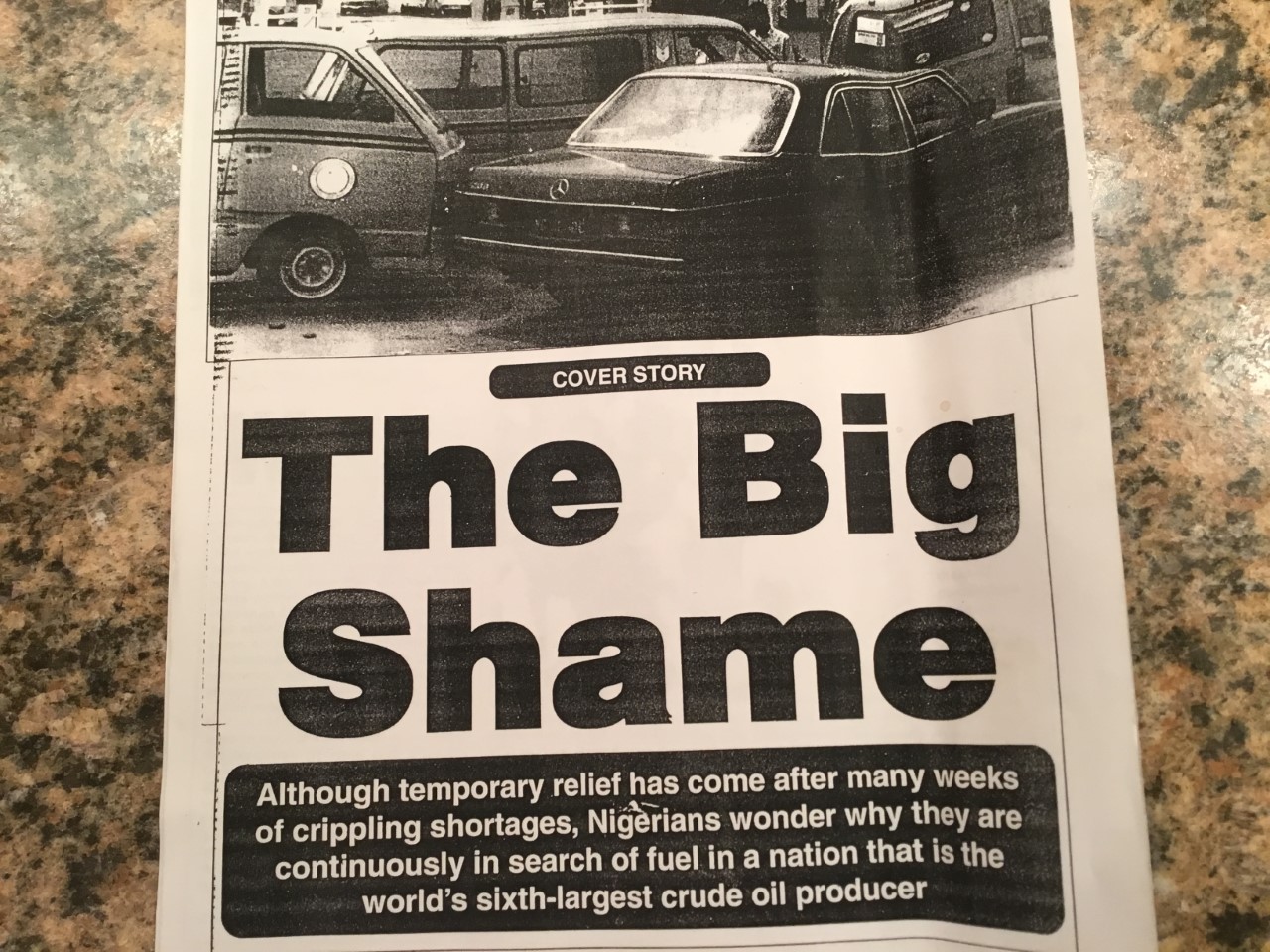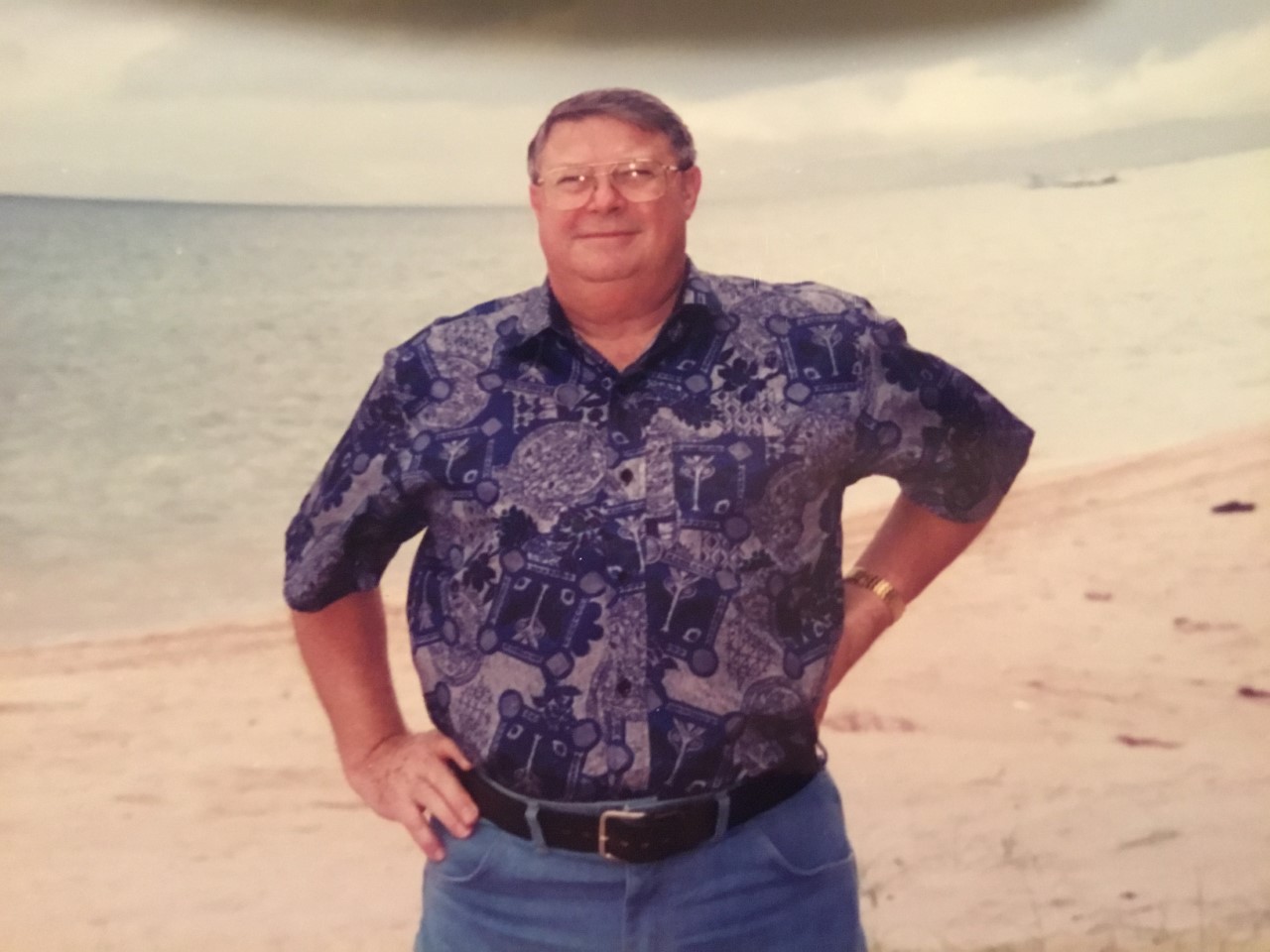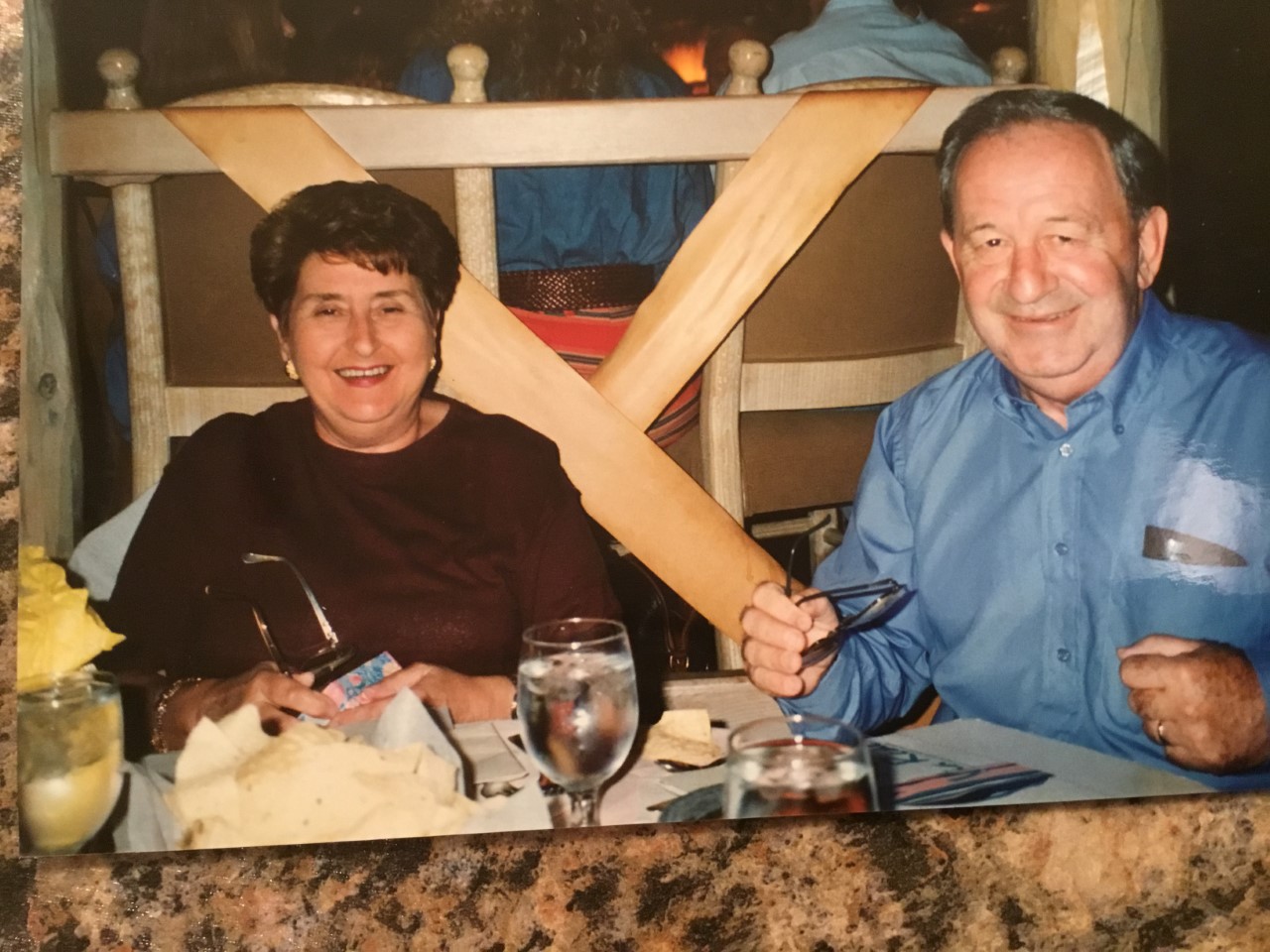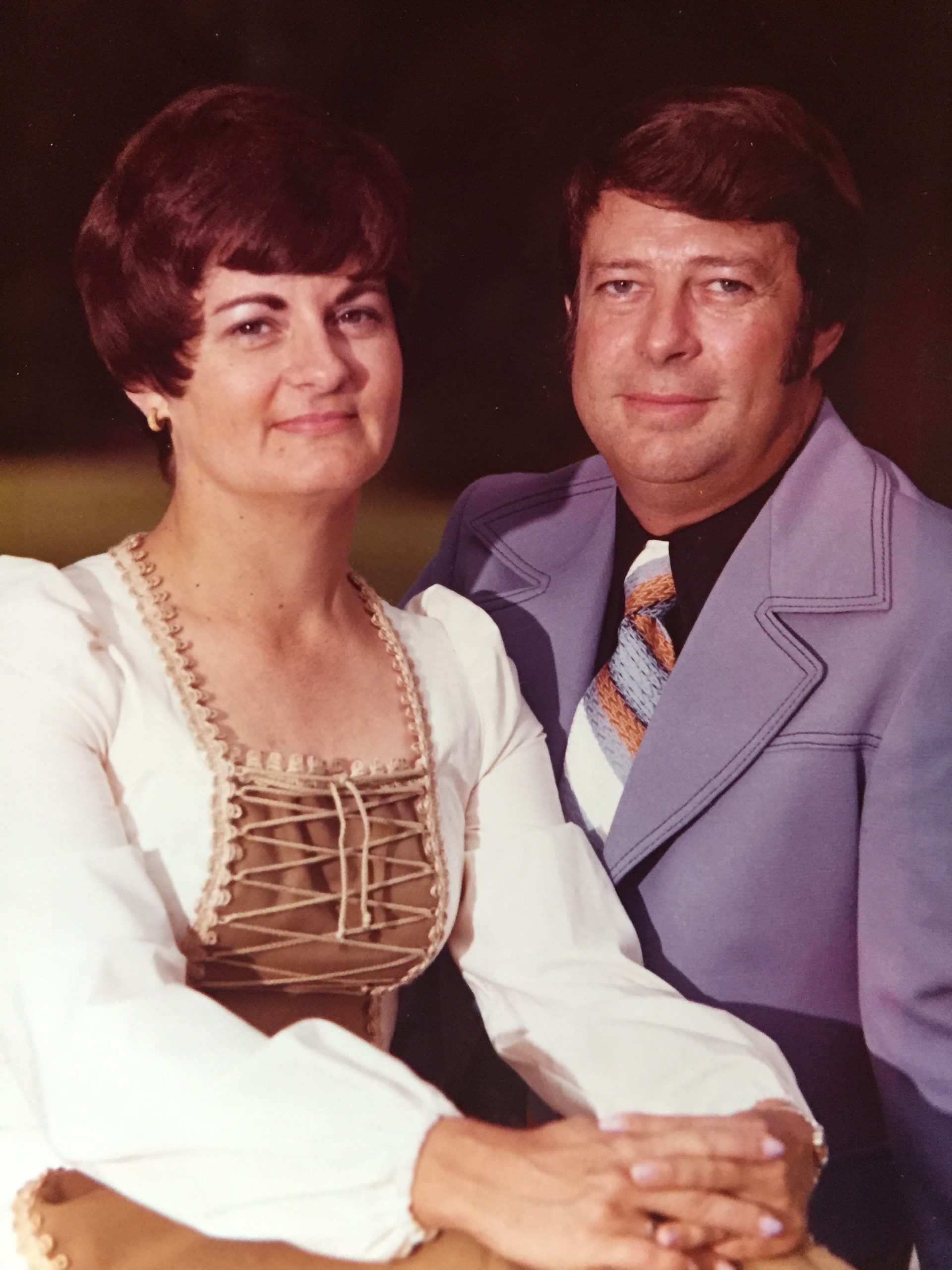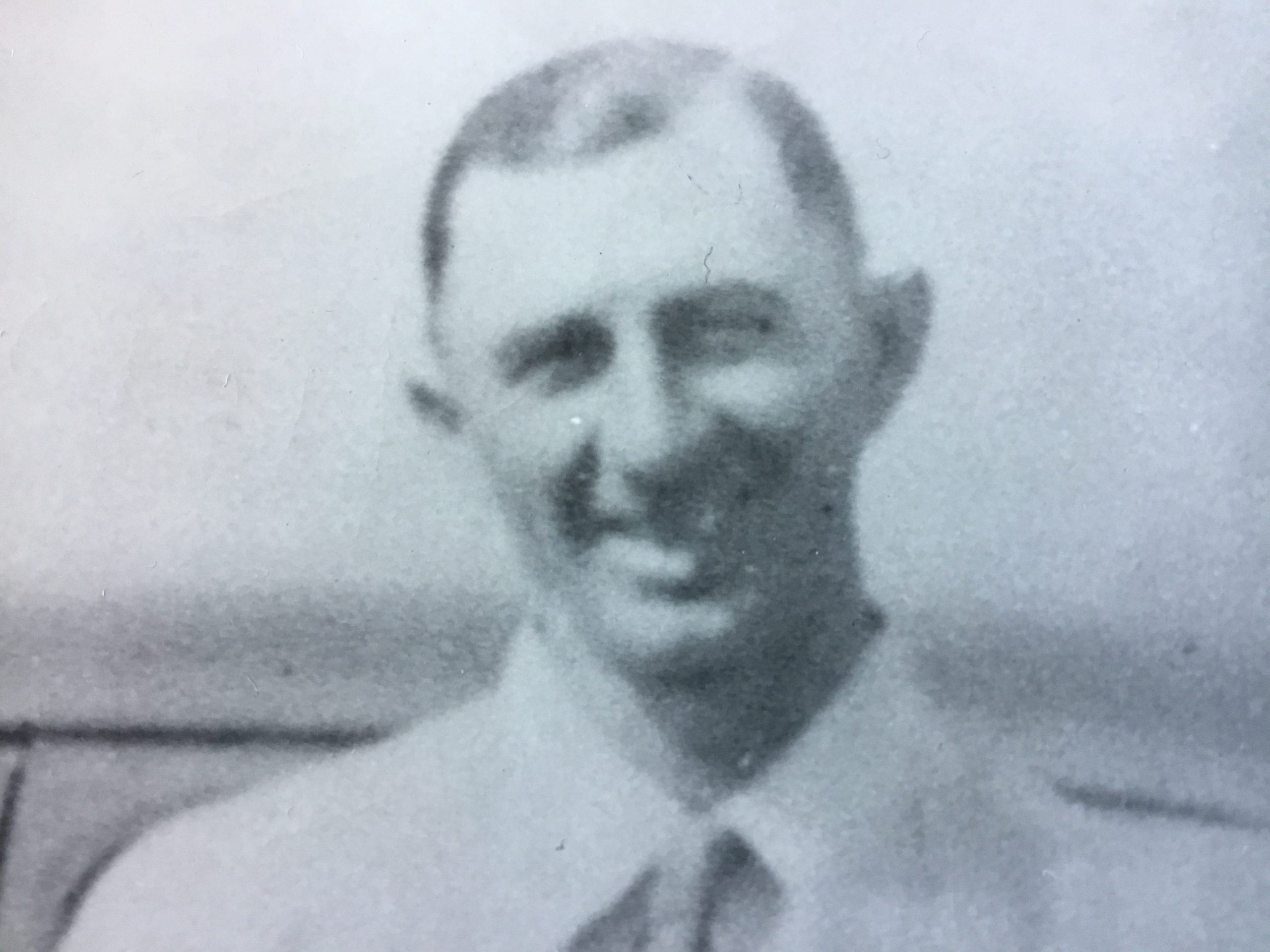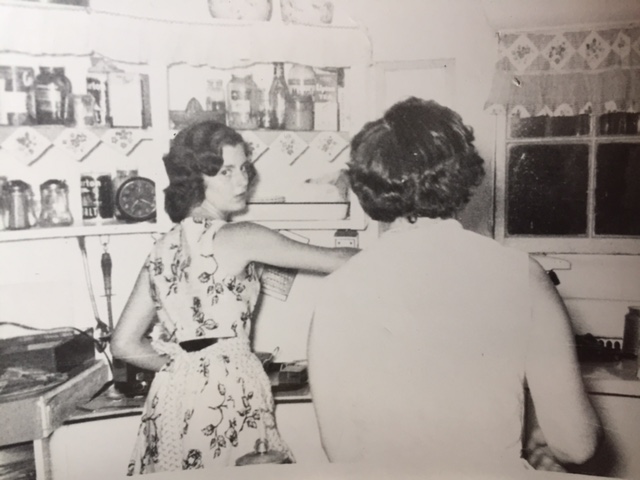I’ve been asked what we did on the Fourth of July. The main thing I can remember as a youngster is that on the Fourth of July, we would put the stock racks on Dad’s one-ton truck, throw on four or five bales of hay, and head to Cassoday for Countryman’s rodeo, a three-decade Independence Day tradition that began in 1939. A neighbor family, the Bings had two kids about our age and often came along with us. Dad would drive; Mom and Velma Bing would ride in the cab; Raymond Bings, a cowboy and farmer, rode in the back with us kids as we rode the 25-30 miles up through the Flint Hills. The Countryman family, cattle people, had put up a six-foot tall fence of hog wire to create an arena in one of their pastures. Dad would back our truck up to the fence and we’d cover the stock racks with a tarp to give us some shade for watching the rodeo. While we waited for the festivities to start, we four kids would walk an eighth of a mile from the arena to a little creek that ran through the pasture to throw the few firecrackers we had into the water to pass the time. The families had brought a picnic lunch of fried chicken, potato salad and the like, which we ate in the back of the truck. They had also
brought a tub of ice water and sodas, which he hardly ever got except for this special occasion.
Many of the competitors were cowboys from Butler, Chase, and Greenwood Counties as well as adjoining counties. There were usually cowboys from elsewhere and even professional cowboys. Normally we knew probably half of the contestants. That was an outdoor outing we looked forward to every year.
One of the shops in Latham when I was growing up was the shoe repair shop. I always liked going in to visit with Frank Ferguson, the gentleman that ran it. The smells of leather and glue were nearly overpowering. It was interesting to watch him work. The shop had one power source to create electricity, then a big belt took power off the shaft to run equipment, like his grinder. Mr. Ferguson had two wooden legs, which he moved by turning his hips. His legs had both been amputated after a hospital injury where x-rays were accidentally left on his legs for too long a time. He was, however, able to make a living and support his family, and I really enjoyed watching him work. Back then, instead of buying a new pair, people tried to have their shoes repaired. If possible they would replace the heels, sometimes by themselves with a rubber replacement heel if they had the tools, or have Mr. Ferguson refurbish them, to extend the life of their shoes.
Our friends from England, John and Margaret Edge, whom we met and worked with on the Thailand project, came to visit after we were all retired. Pat and I had been going for the winter to Destin, Florida, and several times the Edges joined us there to visit the usual tourist spots together. We also enjoyed time in the Orlando area. They wanted to visit Yellowstone so I made arrangements for all of us to go there in June. Pat and I had enjoyed visiting the park several times.
We drove up through South Dakota and Wyoming, and stayed a week in Cody, Wyoming, at the historic Irma Hotel, named for Buffalo Bill Cody’s daughter. We enjoyed the sights there including the Buffalo Bill Center of the West, which is five separate museums featuring the history of the people from the native Americans to the cowboy days; western artists including Frederic Remington; natural history of the Yellowstone area; and the most comprehensive firearms museum in the entire country.
The day we started out to drive to the east gate of Yellowstone, a rancher happened to come in the hotel door and asked if we were headed there. He had just come from that direction, and warned us that a pretty bad snowstorm there had probably closed the east gate. He called a friend that worked at the tourist office, who confirmed that we would need to reroute up through Montana and come through the north gate.
John and Margaret enjoyed driving through the park and John took lots of pictures. We stayed in a Yellowstone Lodge. Many of the wait staff at the restaurant in the lodge were from countries all over Europe, and enjoyed visiting with us and giving their opinions about Yellowstone.
When visiting Jackson Hole, we attended a play where we met four people from France, who spoke a little English. Luckily, John and Margaret had spent a lot of time in France and spoke quite a bit of French, so we had a good conversation with them. We drove back to Missouri and ended the trip with a stay in Branson.
The Edges became good friends. John was very interested in Americans because when he was a little boy in England, he got acquainted with our troops that were gathering there for the Normandy Invasion. He just thought they were neat and had never heard of people with nicknames like Mike and Ike. He was a little boy, right in the middle of what was going on. They were different and became heroes to him. He got up one morning and went to check on them—and they were all gone! During the night they had moved out and didn’t even say goodbye. He had very hurt feelings because he liked them all so much. He didn’t know they were leaving for the invasion of Normandy. Years later he found a cemetery where many of them were buried. John told us he had stolen some of their k-rations and always felt guilty about it. They had gum and cigarettes and all kinds of stuff he’d never tried before. I told him that I imagined the soldiers knew all about that, and he shouldn’t worry about it.
Many memories have been made at our lake house. When we first moved here, we noticed that many of the other nearby houses were built back up away from the water. Our house, on the other hand, was close enough that with a couple of beers, you could easily stumble into the water. On an early stay here, Tori was into roller skating. She decided to try skating down the driveway, which is pretty steep. She got going so fast that she could not navigate the horseshoe turn and ended up grabbing the trunk of a tree to stop herself.
I had to think long and hard about telling this next story. (It might need the disclaimer, “Kids, don’t try this at home!”)
The railroad that ran through Latham started at Winfield and terminated at Beaumont, with a train that went through once a day, stopping at probably half a dozen little cities on the way to deliver and pick up freight. The train workers would stay at the little hotel in Beaumont and return to Winfield the next day. We all knew the schedule of that one train going through each day.
I had a ‘41 Ford car; the distance between wheels on the car was exactly the width of the railroad tracks and the tires fit the rails well enough that they were pretty stable. Emboldened by the story of someone else having done it, some friends and I loaded up in my car and got onto the rails where they crossed the road. We started toward Beaumont, cruising at 35 mph through pastures and across road crossings, though going over bridges was nerve racking. We had to be careful not to touch the steering wheel as it could make the car jump off the track! At Beaumont, we got off the rails, went into the hotel restaurant, and got a coke. When we got back into the car, I said I wasn’t riding the rails again, so we took the road home. Eventually this little railroad spur shut down.
About 25 miles from our lake house where we live today is a cave restaurant, where we have often taken our guests. To get into the restaurant, we had to take an elevator up about two stories from an area near the bank of the river that runs nearby. The parking lot is about a quarter mile from the restaurant; we would call on their intercom and a guy would come pick us up in a golf cart.
The owner had cleaned out a lot of dirt and rock to build the restaurant, which would hold probably 75 people. The ceiling of the cave was approximately 40 feet above the roof of the restaurant. The draft of cool air from the cave through an open door provided natural air conditioning.
As the local legend goes, years earlier, people accessed the cave via a ladder from above, holding dances and consuming illegal moonshine. Whenever they suspected revenuers or other authorities were snooping around, they would just take down the ladder until the killjoys were gone.
Butler County, the largest county in Kansas, once had a lot of oil production. In 1918, the El Dorado oil fields yielded nearly nine percent of all the oil produced in the United States. The county boasted four refineries; Eldorado had Skelly and El Rico, Potwin had Vickers Oil Company, and Augusta’s was Mobil.
Around El Dorado, one of the major producers was Cities Service, for whom Pat’s father worked. Cities Service had their own little town called Oil Hill. The company built everything they thought their employees would need, including a grade school, a community swimming pool, ball fields, stores, and restaurants. Most students attended high school in El Dorado, but some went to Towanda. Pat has good memories of attending school there.
The Butler County area had several ball teams one being from Skelly Oil where half of the team was made up from employees. Some would hire professional baseball players to come in and play for a season or maybe just for one important game. One such professional baseball player was Casey Stengel, manager of the New York Yankees. Several of Skelly’s players also worked at the refinery.

